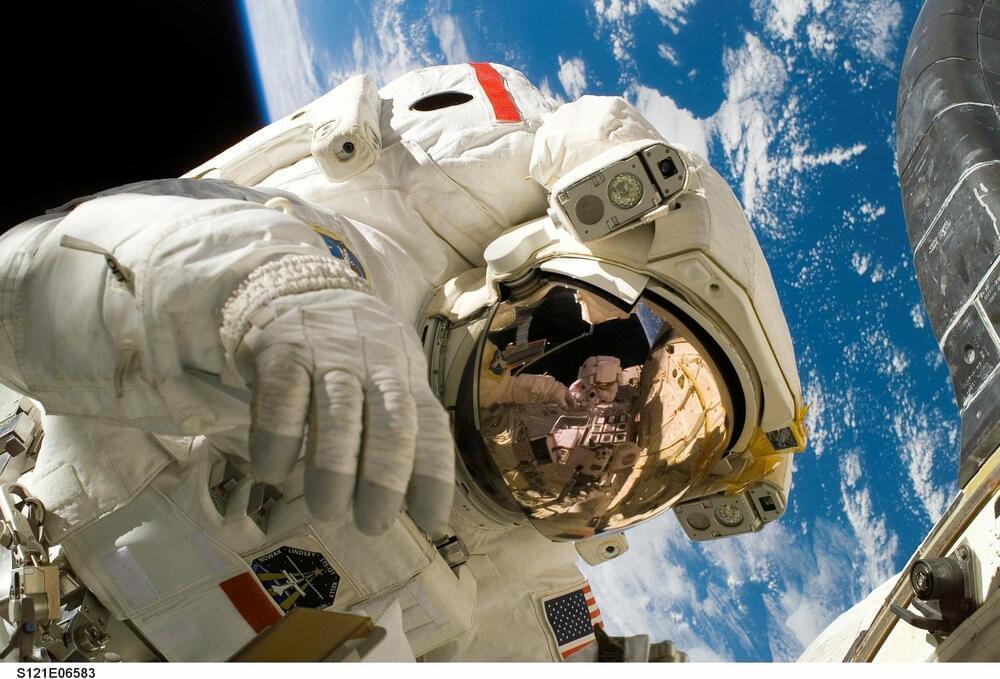A new study led by researchers at Karolinska Institutet in Sweden has examined how T cells of the immune system are affected by weightlessness. The results, which are published in the journal Science Advances, could explain why astronauts’ T cells become less active and less effective at fighting infection.
The next steps in the exploration of space are human missions to the moon and to Mars. Space is an extremely hostile environment that poses threats to human health. One such threat is changes to the immune system that occur in astronauts while in space and that persist after their return to Earth. This immune deficiency can leave them more vulnerable to infection and lead to the reactivation of latent viruses in the body.
“If astronauts are to be able to undergo safe space missions, we need to understand how their immune systems are affected and try to find ways to counter harmful changes to it,” says study leader Lisa Westerberg, principal researcher at the Department of Microbiology, Tumor and Cell Biology, Karolinska Institutet. “We’ve now been able to investigate what happens to T cells, which are a key component of the immune system, when exposed to weightless conditions.”
